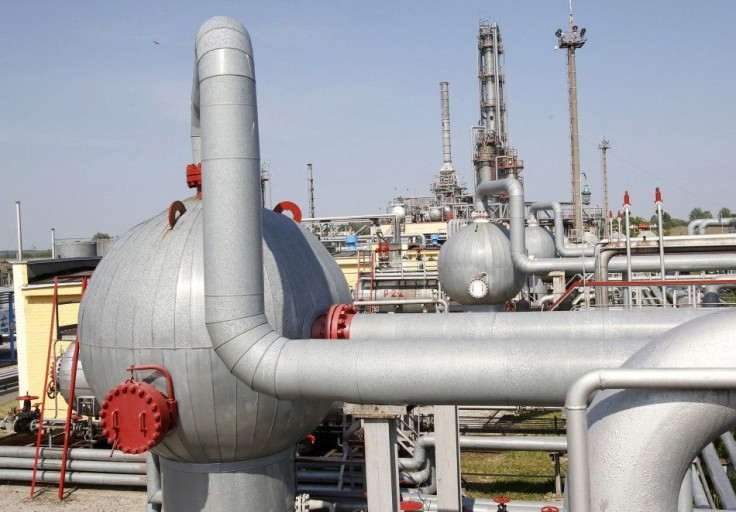Geologists Sharply Cut Estimate of Natural Gas in Marcellus Shale

Federal geologists published data that sharply reduces the government's estimate for the amount of natural gas contained in the Marcellus Shale, a vast underground rock formation that has become a central battleground in the debate over the drilling technique known as hydraulic fracturing.
The U.S. Energy Information Administration had previously estimated that the Marcellus Shale contains about 410 trillion cubic feet of recoverable natural gas, but a report from the United States Geological Survey placed the number at 84 trillion cubic feet. Both the energy industry and the government have already attracted scrutiny for potentially overstating the size of the nation's natural gas reserves, and the reduction will likely generate more skepticism.
If the country is going to embrace natural gas as the fuel of the future, there needs to be a lot more transparency in how these estimates are calculated and a more skeptical and informed discussion about the economics of shale gas, Bill Powers, the editor of the energy research publication Powers Energy Investor, told The New York Times.
The new estimate could also influence policymakers who are weighing how to proceed with the Marcellus Shale, which covers a swath of the United States stretching from Virginia to New York to Ohio. The energy industry and some lawmakers are pushing to begin harvesting natural gas trapped in the shale, citing a huge economic windfall, the fact that natural gas been shown to emit less pollutants than coal or oil and the appeal of an alternative to foreign oil. But environmental advocates have warned that the technique used to drill for the gas, a technique known as hydraulic fracturing or hydrofracking that entails blasting a mix of water and chemicals deep underground, poses a hazard to public health and safety.
President Barack Obama has endorsed expanding natural gas drilling, emphasizing the need to develop a source of domestic energy and saying that the potential for natural gas is enormous. But a New York Times investigation found that the government is rife with disagreement about how profitable the practice really is, with some insiders complaining of irrational exuberance. Similarly, lawmakers have investigated revelations that the energy industry may have exaggerated potential profits.
But the industy reacted to the new report by saying it vindicates their approach. Kathryn Z. Klaber, president of the Marcellus Shale Coalition, described it as a further affirmation that the Marcellus Shale will continue to safely produce prolific amounts of clean-burning American natural gas for generations to come.
© Copyright IBTimes 2024. All rights reserved.





















